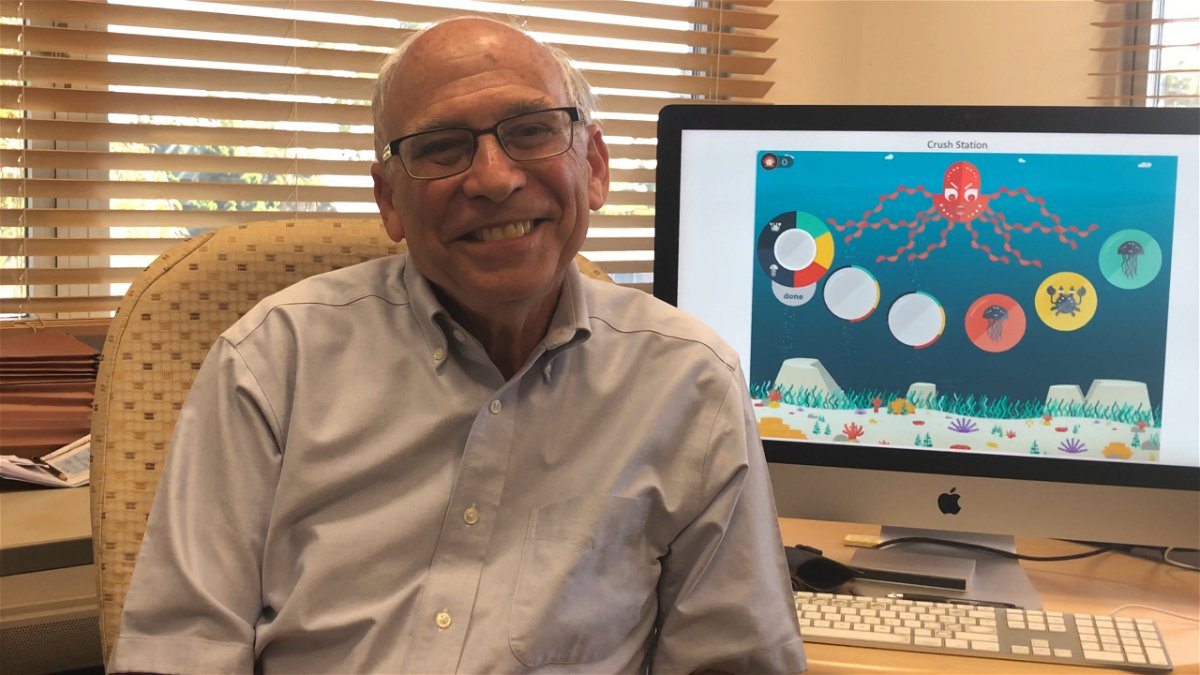UCSB tests digital games aimed at boosting cognitive, memory power in tweens and teens

SANTA BARBARA CO., Calif. - Ever forget what you're looking for when you walk into a room? Or, what you had for lunch yesterday? For the younger set, perhaps it's forgetting a homework assignment or feeding the family dog.
If so, game on! A series of new memory and cognitive-boosting digital games are being tested at UCSB.
A team at New York University built three games aimed at tweens and teens between the ages of 12 and 18. Each game tests the skills of different executive functions.
The goal is to see if the games boost the types of skills that are educationally relevant.
"We wanted games that would help people develop executive function skills like shifting because that is one of the primary function skills that has shown to be important in eduction," said Richard Mayer, Distinguished Professor in the Department of Psychological and Brain Sciences at UC Santa Barbara. "Being able to shift from one task to another, without losing track of what you're doing, you might call that multi-tasking."
The first game, Gwakkamole, is designed to train inhibitory control: attention, behavior, thoughts, emotions. The game involves smashing avocados that pop up.
The second game, CrushStations, involves custaceans and focuses on training working memory.
The third game, All You Can ET, is aimed to boost cognitive control, multi-tasking. It involves feeding the changing needs of little space guys with different colored eyes.
"We learned that it's actually possible to design educational games that are effective in training cognitive skills," said Richard Mayer, Distinguished Professor in the Department of Psychological and Brain Sciences at UC Santa Barbara. "And that's important because most other research has not been able to demonstrate that."
The next testing phase at UCSB will incorporate virtual reality.
For more information, click here: https://www.news.ucsb.edu/2020/019755/game
